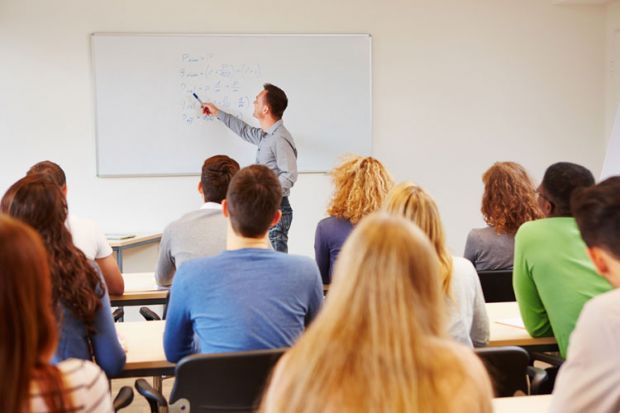Buzz Haven: Your Source for Trending Insights
Stay updated with the latest buzz in news, trends, and lifestyle.
Teach like a Pro: Secrets They Didn’t Share in Training
Unlock classroom success with insider secrets that training programs never revealed. Transform your teaching game today!
Unveiling the Hidden Strategies for Classroom Management: What They Don't Teach You in Training
Effective classroom management is often more about instinct and adaptability than it is about formal training. Teachers frequently find themselves navigating a myriad of unpredictable situations that are not covered in standard training programs. Hidden strategies such as building relationships with students, maintaining consistent routines, and employing proactive communication can significantly enhance classroom dynamics. For instance, simply greeting each student at the door can set a positive tone for the day and foster a sense of belonging.
Another crucial aspect of classroom management lies in the art of reflection. Teachers should take time to regularly assess their teaching methods and classroom environment to identify what works and what doesn't. This may involve keeping a journal of daily interactions or engaging in peer observations. By being open to change and continuously adapting their strategies, educators can effectively manage diverse classroom behaviors and promote a positive learning atmosphere.
- Build relationships with students.
- Maintain consistent routines.
- Employ proactive communication.
- Reflect on teaching methods regularly.

Engaging Every Learner: Techniques for Differentiated Instruction Beyond the Basics
Engaging every learner in a classroom setting requires a shift from traditional teaching methods to differentiated instruction. This approach tailors educational experiences to meet the varied needs of students, ensuring that each individual is supported and challenged appropriately. Some effective techniques for overcoming the challenges of differentiation include using flexible grouping strategies, such as creating homogeneous or heterogeneous groups based on students’ skill levels, interests, or learning profiles. Additionally, incorporating learning stations allows students to explore content at their own pace, promoting autonomy and self-directed learning.
Another innovative technique involves leveraging technology to enhance differentiated instruction. Utilizing digital tools can provide personalized learning experiences for students. For example, platforms that allow for adaptive learning adjust the complexity of tasks based on individual performance, ensuring that each learner is met at their level. Furthermore, project-based learning can engage learners by connecting lessons to real-world scenarios, encouraging collaboration and critical thinking. By implementing these advanced strategies, educators can truly engage every learner and foster an inclusive learning environment that celebrates diversity.
The Art of Building Relationships: How to Connect with Students for Lasting Impact
Building strong relationships with students is pivotal in fostering an environment conducive to learning and growth. When educators prioritize relationship-building, they create a lasting impact on their students' educational journeys. Engaging with students on a personal level can significantly enhance their motivation, leading to improved academic performance. Incorporating small practices such as regular check-ins, active listening, and personalized feedback can help in establishing a foundation built on trust and respect.
To deepen these connections, educators can implement strategies such as collaborative activities and open discussions that invite student perspectives. Organizing group projects or peer-to-peer mentoring not only enhances peer relationships but also promotes a sense of community within the classroom. Additionally, showing genuine interest in a student's life outside of academics can lead to more profound connections, resulting in effective communication and engagement that resonate far beyond the classroom.